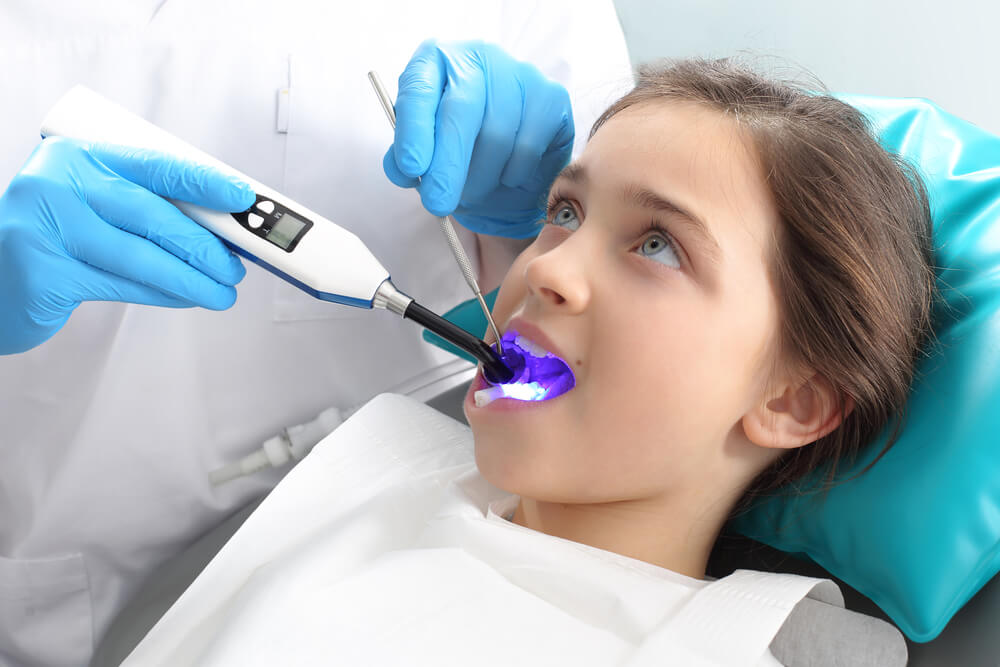When will Canada act?
February 12, 2024 (Ottawa) Dental amalgam (inaccurately called “silver fillings”) is approximately 50% mercury — a neurotoxin and reproductive toxin. The European Union has already banned the use of amalgam in children, pregnant women, and nursing mothers in a regulation that went into effect in 2018.
The 2018 measure was not enough to protect the environment and human health, as the European Commission explained in its 2023 proposal to ban amalgam: “Dental amalgam is the largest remaining intentional use of mercury in the Union estimated at around 40 tonnes in 2019. Considering the availability of mercury-free alternatives, it is appropriate to prohibit the use of dental amalgam for dental treatment of all members of the population…”
In response, the European Council and Parliament worked out a deal (to be formally adopted in the coming months) in which:
- Amalgam use ends in all EU countries on 1 January 2025 (the regulation retains narrow, time-limited exemptions so a few Member States can adjust their insurance).
- Amalgam manufacture and import are phased out on a timetable, cutting off the supply of this mercury product in the EU.
- Amalgam exports are banned next year too — so the EU will no longer allow amalgam sellers to dump this toxic product in Africa or Latin America.
“We welcome the amalgam ban in the EU,” says Beatrice Olivastri, CEO, Friends of the Earth Canada. “We are concerned, however, that Canada’s position is outdated. It still maintains that “the use of dental amalgams is safe and that mercury exposure from dental amalgams does not pose a health risk for the general population.”
The agreed EU regulatory proposal states, “Mercury is a highly toxic element and a major risk to the environment and human health. It is a potent neurotoxin inducing permanent brain and kidney damage in adults and affecting foetal and early childhood development. Hence, mercury has been classified under Union law as being toxic for reproduction, fatal if inhaled, causing damage to all organs through prolonged or repeated exposure and very toxic for aquatic life with long lasting adverse effects. 1
In Canada, amalgam use is still supported under government programs such as the Dental Benefits Guide for First Nations and Inuit: Non-Insured Health Benefits program.
“It’s time that Canada joins the European Union and other progressive countries to ban all uses of mercury in dentistry,” says Olivastri.
Additional Information:
Press Release: European Parliament
Press Release: European Commission
Press Release: European Council
Media Contact:
Beatrice Olivastri, CEO, Friends of the Earth Canada
(613)724-8690 beatrice[at]foecanada.org
-30-
Photo courtesy of DepositPhotos




